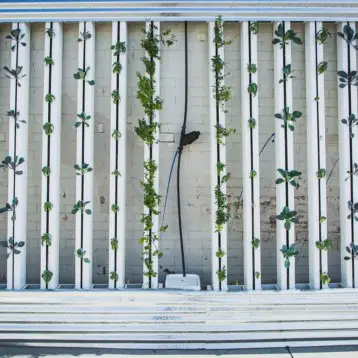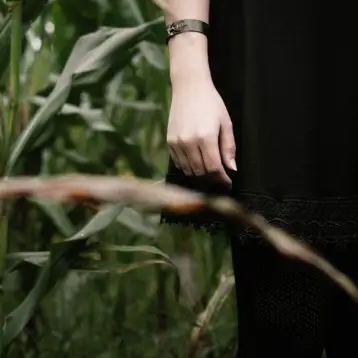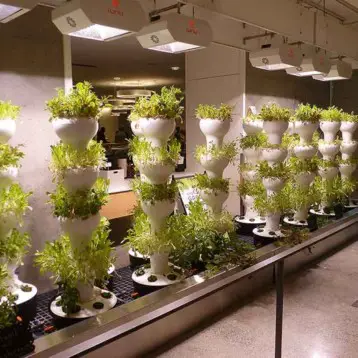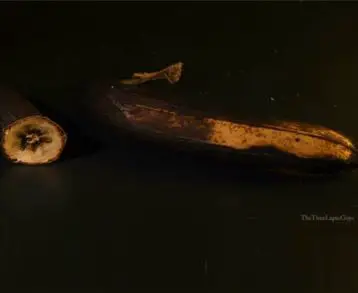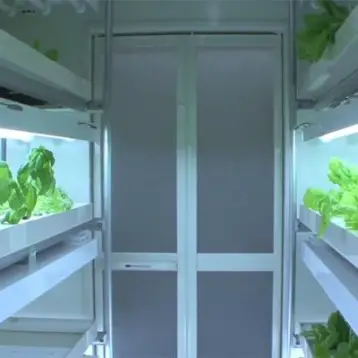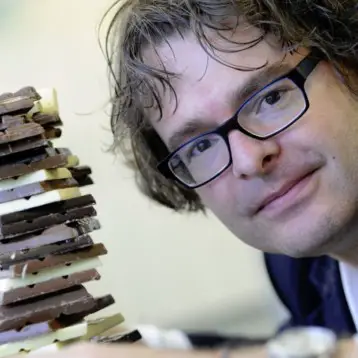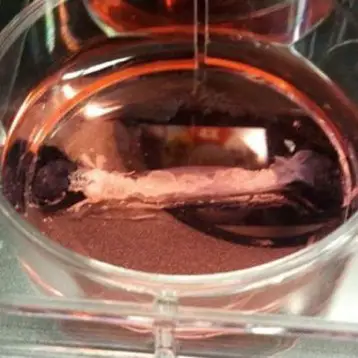Work on the ‘Disembodied Cuisine’ project began in 2000 at Harvard University. The first steak was grown using pre-natal sheep cells (skeletal muscle), which were harvested in the framework of research into tissue engineering techniques in uteri.In the ‘Disembodied Cuisine’, a biopsy was taken from an animal that continued to live, while the cells from the biopsy continued to grow and expand.
This technique makes it possible to grow meat without victimizing animals. However, it is still unclear how this meat can be presented in an attractive and appetizing way. James King is a research associate at the Helen Hamlyn Centre of the Royal College of Art in London. In his latest project, “Dressing the Meat of Tomorrow”, he addresses this very issue- the MRI steak.
“The mobile animal MRI [magnetic resonance Imaging] unit scours the countryside looking for the most beautiful examples of cows, pigs, chickens and other livestock. Once located, the creature is scanned from head to toe, creating accurate cross-sectional images of its inner organs,” explains King. Templates of the most aesthetic parts will then be used to create moulds for the in-vitro meat, resulting in a new appealing type of food.
TFOT recently covered a research conducted by scientists from the University of Michigan, which showed that organic farming in developed countries could yield up to three times as much food on individual farms as low-intensive agricultural methods on the same land. TFOT also reported on the AquaMaker AM10, an innovative water-generating machine that was designed to enhance water availability and reduce power consumption by generating water from the air.
More information about James King’s project can be found at MoMA’s official website.



